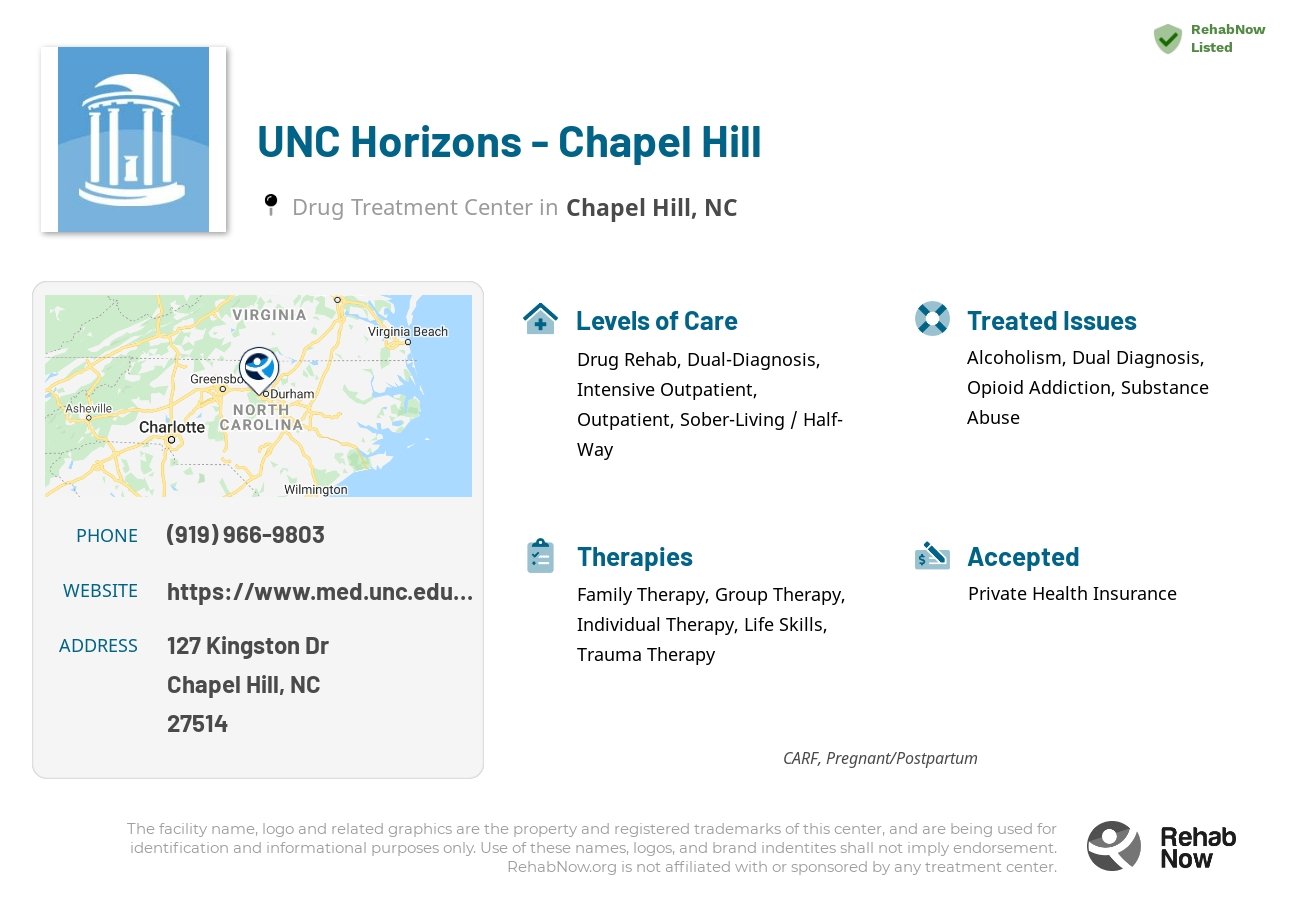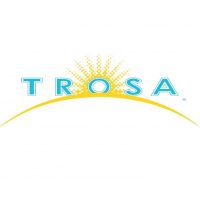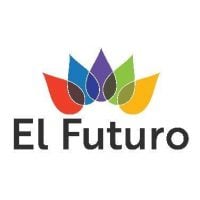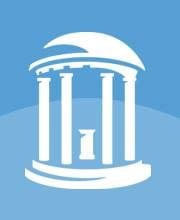
UNC Horizons - Chapel Hill
Drug Rehab Center in Chapel Hill, North Carolina
- Substance Abuse
- Opioid Addiction
- Dual Diagnosis
- Drug Addiction
- Alcoholism
UNC Horizons - Chapel Hill is an accredited addiction treatment facility in Chapel Hill, NC offering a wide range of services for individuals and their families dealing with addiction to alcohol, opioids, drugs, and dual diagnosis containing rehab, residential, and outpatient programs, backed by the quality assurance of CARF and additional support from the Horizons program.
About This Chapel Hill, NC Facility
Located in Chapel Hill, NC, UNC Horizons specializes in substance abuse treatment for women, particularly those who are pregnant, parenting, or have experienced abuse and violence. This program stands out by focusing on both the mother and child, aiming to heal families through a trauma-informed care model.
- Trauma-Informed Care: UNC Horizons tailors its approach to meet the needs of women and children affected by trauma, ensuring a safe and supportive recovery environment.
- Comprehensive Services: Beyond substance abuse treatment, the program offers prenatal and OB-GYN care, psychiatric services, and assistance with employment and finances.
- Family-Centric Treatment: Emphasizing the importance of family, UNC Horizons provides services that foster healthy relationships and family healing.
UNC Horizons holds CARF accreditation, underscoring its commitment to high-quality, evidence-based treatment. The program's comprehensive recovery services include outpatient care, medication-assisted treatment for opioid dependence, and support for overcoming life challenges.
The program addresses a variety of issues, including alcohol and drug addiction, dual diagnosis, and opioid addiction. Treatment methods range from individual and group counseling to cognitive behavior therapy (CBT), all within a framework designed to support women and their families on their journey to recovery.
Genders
Ages
Modality
Additional
Accreditations

CARF
The Commission on Accreditation of Rehabilitation Facilities (CARF) is a non-profit organization that specifically accredits rehab organizations. Founded in 1966, CARF's, mission is to help service providers like rehab facilities maintain high standards of care.
Conditions and Issues Treated
Using both legal medications and illegal substances in order to maintain an addiction is substance abuse. Illegal substances can become addictive after a single use. If you are obtaining legal medications illegally, you may be suffering from substance abuse.
Fortunately facilities like UNC Horizons - Chapel Hill in Chapel Hill, NC are here to help.
Opioid addiction treatment facilities in North Carolina, like UNC Horizons - Chapel Hill cover both illegal and prescription opioids abuse. Most plans include detoxification and subsequent medications to ease the process. Behavioral therapies and counseling are also necessary to resolve the root cause of addiction.
When someone in North Carolina struggles with both addiction and mental or emotional illness, this is considered a dual diagnosis. Dual diagnosis treatment can include emotional trauma, bipolar disorder, schizophrenia, depression. Getting treatment for these issues must occur at the same time to treat either of them effectively.
Levels of Care Offered
This center offers a variety of custom treatment tailored to individual recovery. Currently available are Drug Rehab, Dual-Diagnosis, Intensive Outpatient, Outpatient, Residential, Sober-Living / Half-Way, with additional therapies available as listed below.
An intensive outpatient treatment program is set up for those struggling with an addiction to begin the recovery process. Patients come to Chapel Hill, NC to UNC Horizons - Chapel Hill for therapy, support, programs, and medical supervision. Intensive outpatient treatment is often very tightly scheduled and heavily structured.
A sober living home in Chapel Hill, NC, also known as an SLH, is much like a halfway house. It is halfway between a drug or alcohol treatment facility and living at home. There are some specific rules and regulations residents must follow, like attending mandatory meetings, and household chore-type activities.
Residential treatment programs are those that offer housing and meals in addition to substance abuse treatment. Rehab facilities that offer residential treatment allow patients to focus solely on recovery, in an environment totally separate from their lives. Some rehab centers specialize in short-term residential treatment (a few days to a week or two), while others solely provide treatment on a long-term basis (several weeks to months). Some offer both, and tailor treatment to the patient’s individual requirements.
UNC Horizons - Chapel Hill‘s Therapies & Programs
Treatment programs include individual therapy for the greatest chances of success. Customized individual therapy is counseling involving you and your UNC Horizons - Chapel Hill counselor. Individual therapy leads to greater peace and understanding about your triggers for addiction.
When family members are more proactive and involved in the treatment procedure, it encourages the patient to advance his or her progress. Moreover, it shouldn’t be ignored that genetics play a role when it comes to addiction, so it’s better to approach the problem as a unit. Also, with proper education, family members can help an individual avoid addiction triggers and guide him or her in making lifestyle changes necessary for his or her sobriety.
It has been said that unhealed trauma is the root of most addictions. Trauma therapy is a way of addressing trauma while in a safe situation in order to heal. Healing past traumas and introducing coping strategies are strong foundations for sustained recovery from addiction. This may involve individual or group counseling or both, in a Chapel Hill, NC facility. Other forms of therapy have been proven to assist in healing past traumas.
Cognitive Behavioral Therapy (CBT) is a type of psychotherapy that focuses on the underlying thoughts and behaviors that caused the problem of addiction in the first place and may cause a relapse. Negative feelings are common in substance abuse disorders, and if not recognized, they can cause co-occurring disorders.
CBT involves strategies that help to change the thinking and behavioral pattern by cognitive restructuring. In simple terms, it helps to remove negative thoughts and provides long-term benefits. Also, CBT promotes self-awareness, self-control, and healthy ways to respond to negative thoughts. It can be administered as a mono-therapy as well as a part of combination therapy.
In the midst of an addiction certain healthy habits and behaviors can be forgotten or discarded altogether. While in treatment you will learn life skills that will help you successfully maintain sobriety and rebuild your life in Chapel Hill, NC. Some examples of this are time management, social skills, nutrition, hygiene, stress management and taking care of yourself.
Payment Options Accepted
For specific insurance or payment methods please contact us.
Is your insurance accepted?
Ask an expert, call (888) 674-0062
UNC Horizons Associated Centers
Discover treatment facilities under the same provider.
Learn More About UNC Horizons Centers
Additional Details
Specifics, location, and helpful extra information.
Chapel Hill, North Carolina 27514 Phone Number(919) 966-9803 Meta DetailsUpdated April 15, 2024
Staff Verified
Patient Reviews
There are no reviews yet. Be the first one to write one.
Chapel Hill, North Carolina Addiction Information
North Carolina ranks 29th in the nation for overall substance abuse. Many of the drugs abused in the state are illicit, and many of these are opioids. Prescription opioids are readily available due to the high rates of medical workers prescribing them. The number of prescriptions has increased tenfold since the 1980's. Opioid overdoses are the most common type of death in North Carolina.
The number of people addicted to drugs or abusing drugs is on the rise in Chapel Hill, North Carolina. Cocaine is the most commonly used drug, with an estimated 8.3% of people using it. Marijuana is the second most common drug and has an estimated 7.2% of users. Some of the biggest problems caused by drug addiction and abuse are crime and violence.
Treatment in Nearby Cities
- Rockingham, NC (81.6 mi.)
- Kannapolis, NC (94.2 mi.)
- Weaverville, NC (197.8 mi.)
- Carolina Beach, NC (148.4 mi.)
- King, NC (76.5 mi.)
Centers near UNC Horizons - Chapel Hill
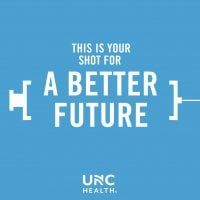
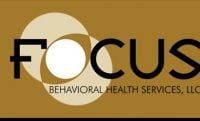
The facility name, logo and brand are the property and registered trademarks of UNC Horizons - Chapel Hill, and are being used for identification and informational purposes only. Use of these names, logos and brands shall not imply endorsement. RehabNow.org is not affiliated with or sponsored by UNC Horizons - Chapel Hill.


